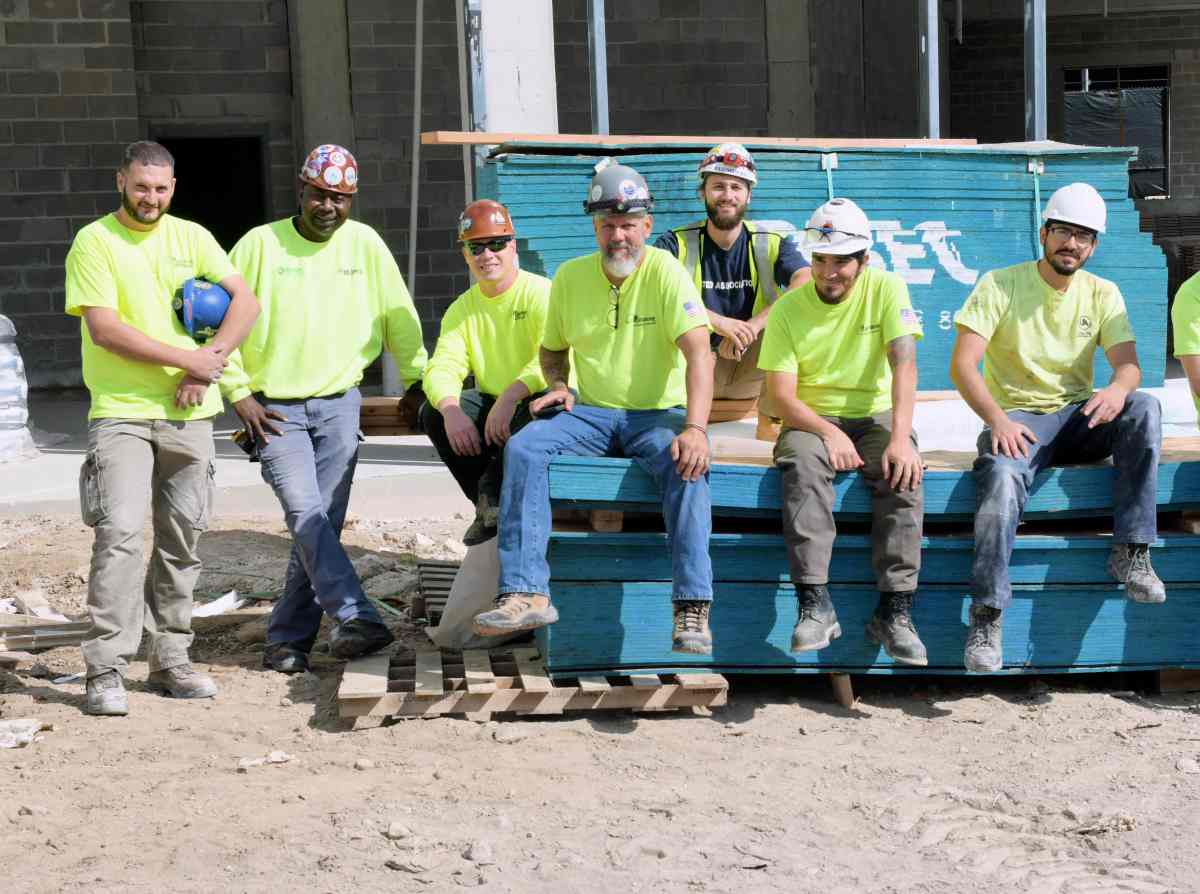Around 15 years ago as a research assistant working on climate change policy, I had proposed both a top-down and bottom-up approach to the imminent danger of sea level rise and more frequent/stronger storms on Long Island.
The Kyoto Protocol seemed as important as local nonprofits educating our residents on the benefits of renewable energy and living sustainably. Success was contingent on all taking on the cause. While climate change still looms on the horizon, another peril has taken root of our lives, our economy, and our future. I would argue that again we need a combination of federal and state leadership and assistance, combined with a local approach from a policy standpoint.
While some federal support arrived through programs like the Paycheck Protection Program and program-based assistance trickled down to municipalities from the CARES Act, local governments are facing a budget crisis of unprecedented proportions and need direct assistance. Small business continues to struggle and the effect on the downtown landscape has been catastrophic. However, communities have been coming together in an incredible way.
Business improvement districts and chambers of commerce have ramped up efforts to incentivize shopping at local businesses. Local governments have streamlined approvals to providing innovative solutions for outdoor and tented dining and entertainment. Nonprofits have worked to provide meals and other necessities to those most in need, with those numbers growing by the day. Still, it is not enough.
Big problems require bold solutions, as was seen with the Great Depression and Great Recession of 2008. We need a federal stimulus package that will take on the infrastructure crisis facing our country, in turn stimulating the economy by putting people back to work and retaining and attracting residents and businesses to our region. Alternative funding streams for essentials such as clean water, safe roads/tunnels/bridges, reliable public transportation networks and sustainable energy is paramount.
In addition, industrial development agencies (IDAs) are not the enemy. Financial incentives, once passing the rigors of the “but for” test and cost/benefit analysis, are an effective tool for stimulating local economic development. IDAs provide municipalities with the tools to transform vacant and underutilized properties producing little to no taxes into projects that work to retain and attract residents, businesses and jobs, while also providing reliable revenue streams for the affected tax jurisdictions.
Payment in Lieu of Taxes or PILOT is a misleading term as it implies that taxes are lost instead of gained. PILOT payments are intended to generate more in revenue than what would have been seen without the project, including the spin-off benefit of increased local spending. At a time where blue-color jobs with immediate availability are at a premium, construction puts people back to work, and locally. This cannot and should not be dismissed.
Ann Fangmann is executive director of the Glen Cove Community Development Agency and the city’s Industrial Development Agency.
For more opinions visit longislandpress.com/category/opinions.

































